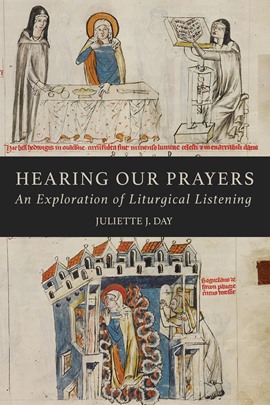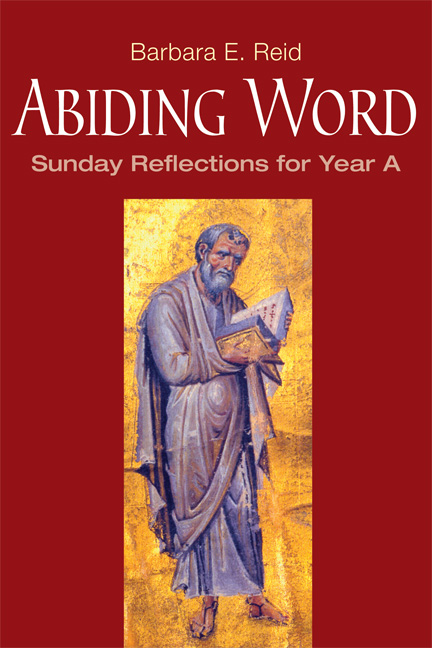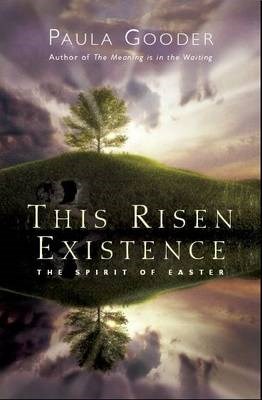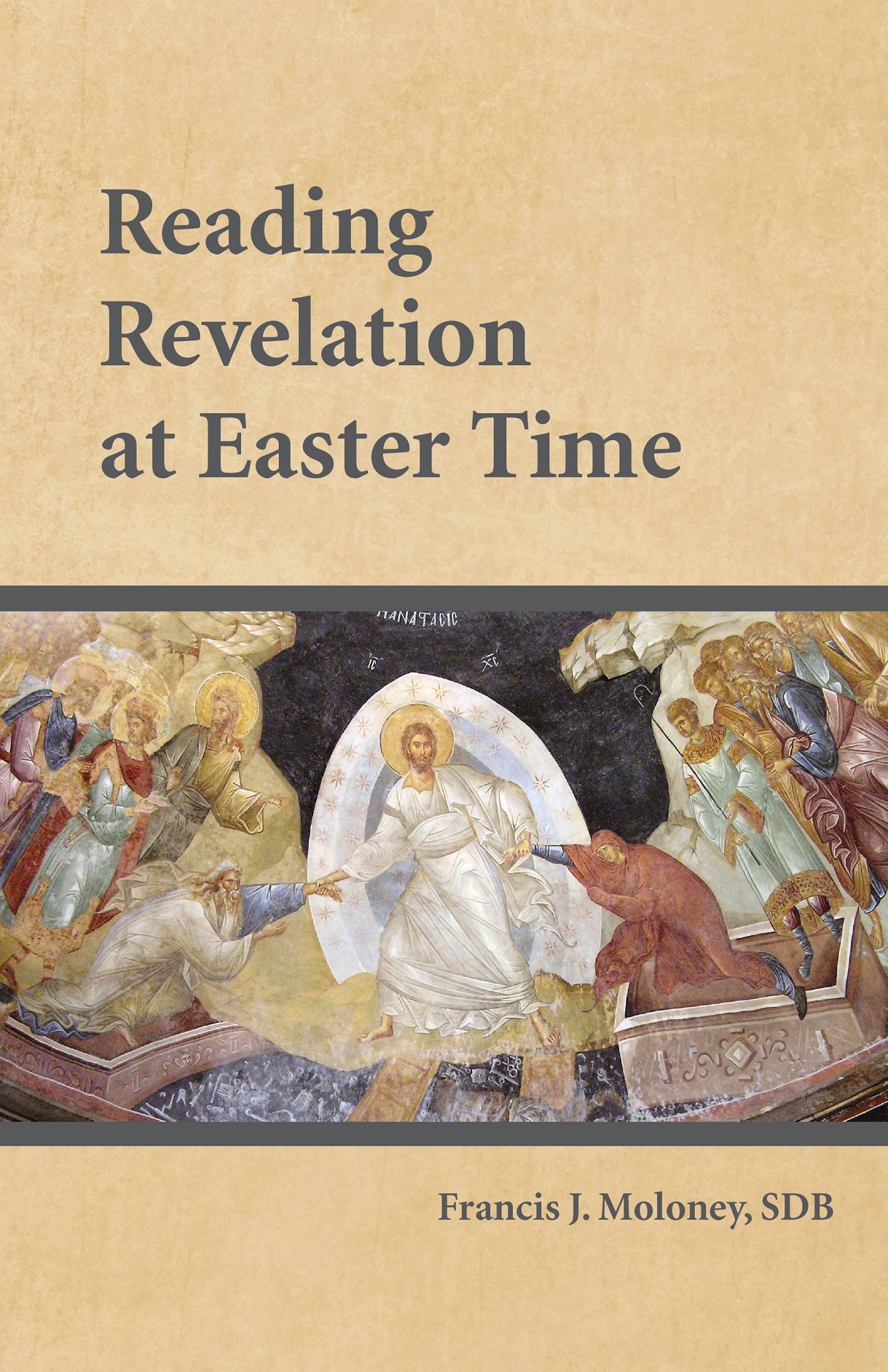How do we hear our prayers? In the words of philosopher Gemma Corradi Fiumara, there can “be no saying without hearing, no speaking which is not an integral part of listening, no speech which is not somehow received.” Therefore, hearing should be considered an essential aspect of participation in Christian worship. However, although almost all studies of Christian worship attend to the words spoken and sung, almost none consider how worshippers hear in the liturgical event.
In Hearing Our Prayers, Juliette Day draws upon insights from liturgical studies, philosophy, psychology, acoustical science, and architectural studies to investigate how acts of audition occur in Christian worship. The book discusses the different listening strategies worshippers use for speech, chant, and music, as well as for silence and noise: why paying attention in church can be so difficult and how what we hear is affected by the buildings in which worship takes place. Day concludes by identifying “liturgical listening” as a particular type of ritual participation and emphasizes that liturgical listening is foundational for the way in which we pray, and think about God, the church, and the world.
Juliette J. Day is university lecturer and docent in church history at the University of Helsinki.


 Back
Back









